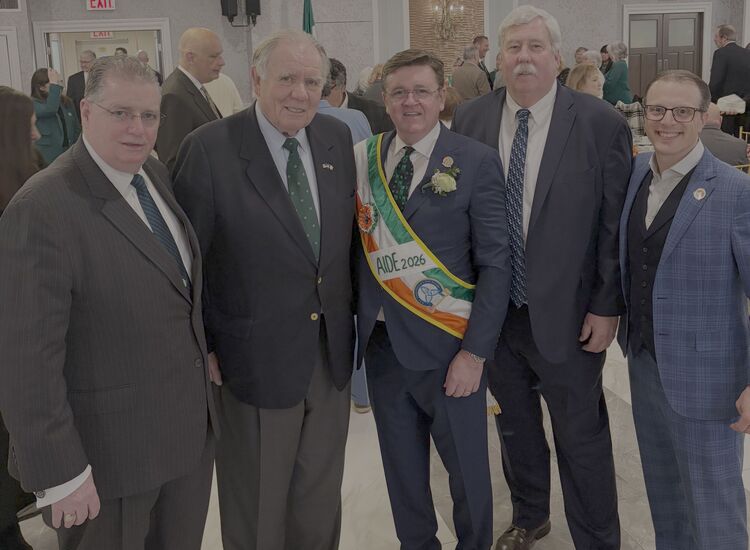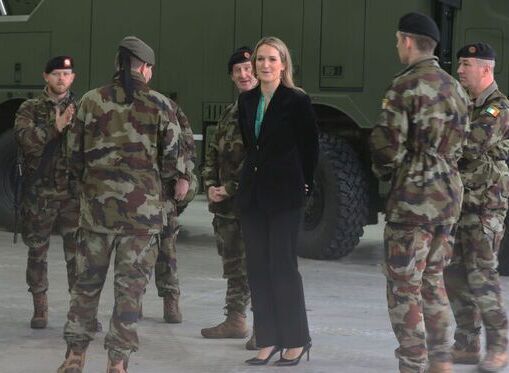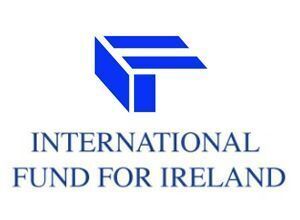In the days and weeks after 9/11, the 17th anniversary of which we are marking this week, dedicated first responders from all over the tri-state area and beyond worked on the smoldering pile of the destroyed World Trade Center towers to recover the remains of those who lost their lives in the terrorist attack.
They did so out of a sense of duty, honor and, yes, outrage. They also worked around the clock out of sense of patriotism, love of country and love for the fallen who, in some cases, were family and friends.
Many who worked on the pile would, in later years, fall ill as a result of the toxic particles, often unseen, that infected the air around what was a literal mass grave.
We have lost many of those heroes in recent years, the passing of but a few of them being recorded in these pages.
In every sense, the toll from that awful day seventeen years ago has not been finalized, and, truly, it never will be.
Even as this is being written, heroes are battling the myriad conditions, life changing, life threatening, fatal, that have resulted from their work and sacrifice.
We as a nation owe it them to, as best we can, lessen their health and financial burdens. One way that our nation has been doing this since 2010 is through the Zadroga 9/11 Health and Compensation Reauthorization Act, a precious piece of congressional legislation that has been serving more than 83,000 9/11 first responders who have been suffering from debilitating and oft deadly illnesses.
That total is made up of those who had toiled in Lower Manhattan, at the Pentagon, and in Shanksville, Pennsylvania.
The act was named after James Zadroga, an NYPD officer who had worked on the pile only to succumb to a fatal respiratory illness in 2006. He was the first officially recorded victim of a 9/11 related illness.
At one point earlier this year a proposal in the Trump administration’s 2019 budget to reorganize the World Trade Center Health Program was seen by members of Congress from both parties as a threat to the health and safety of all stricken 9/11 first responders, and those who might in the future face life endangering health issues.
As was widely reported at the time, the budget proposal would have moved the National Institute of Occupational Safety and Health, which administered the program, from the Centers for Disease Control and Prevention to the National Institutes of Health.
In the face of what they saw as bureaucratic reshuffling with potentially serious consequences for the workings of the Zadroga Act, the act’s three original sponsors, New York Representatives Pete King (R), Jerrold Nadler (D) and Carolyn Maloney (D) wrote to the administration’s budget director, Mick Mulvaney, urging him to withdraw “this ill-advised proposal.”
The bipartisan threesome argued that the bureaucratic reshuffling could deprive program participants of key occupational health experts who were familiar with their medical conditions. Their effort received celebratory backing from, in particular, Jon Stewart.
In the letter, the three representatives wrote in part: “This proposal directly contradicts the bi-partisan legislation Congress passed just three years ago with overwhelming support to renew the World Trade Center Health Program for 75 years. It will further unnecessarily put at risk the health of our constituents and those around the country suffering, and in too many cases dying, from their 9/11-related injuries 17 years later. We urge you to withdraw it.”
Those requiring treatment were living in every U.S. state and territory, as well as 433 out of 435 congressional districts, the three pointed out.
As a member of Congress, Mulvaney had opposed 2015 legislation reauthorizing Zadroga for 75 years.
Mulvaney, now director of the Office of Management and Budget, responded positively, and correctly, to the letter sent by the three representatives and co-signed by 32 additional members of the House of Representatives from both parties and representing districts in New York, New Jersey and Connecticut.
As a result of the letter’s positive effect, Congressman King was able to report “great news” for all firefighters, police officers, construction workers, court officers and EMS Workers who had taken part in the rescue and recovery operations at Ground Zero in the days, weeks and months following the 9/11 terrorist attack.
King had foreseen not only inefficiencies resulting from bureaucratic reshuffling, but also in the budget proposal a weakening and even dismantling of the healthcare program enshrined in the Zadroga legislation.
So for the time being, for the foreseeable future, indeed far into the future, the Zadroga legislation and the manner of its application would seem to be safe.
However, it will be required of future congressional legislators to keep a wary watch in case any other misguided ideas surface in Washington, a town that all too often specializes in such things.









